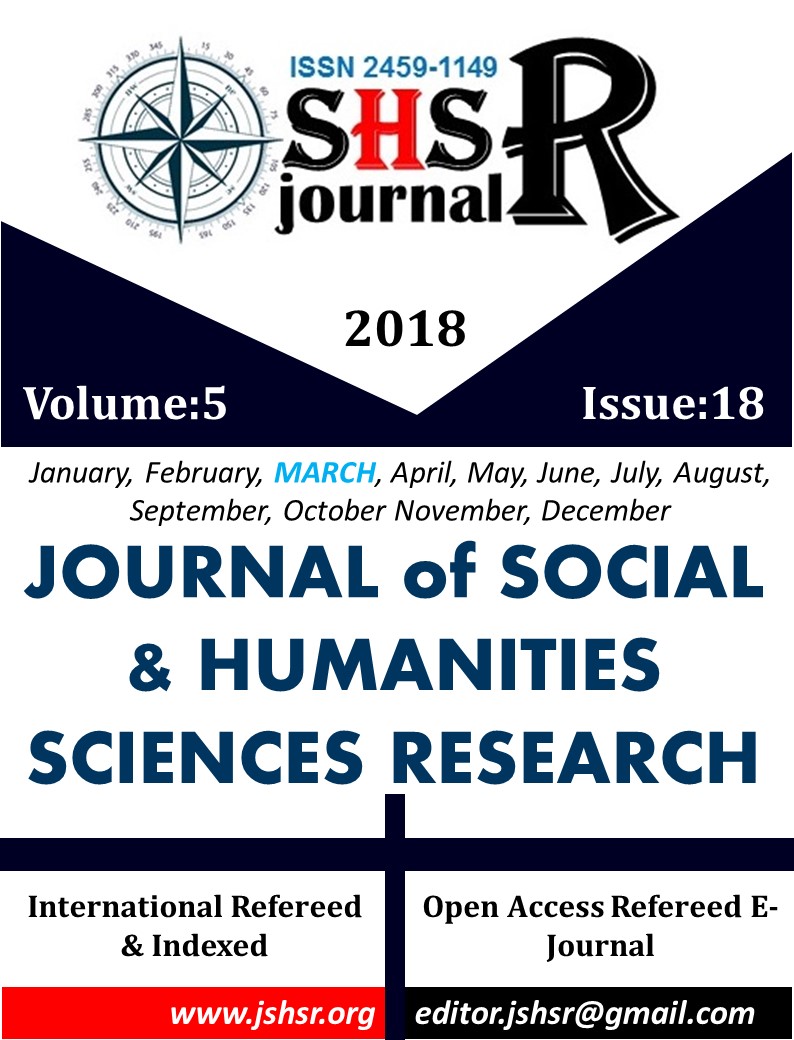TEOS ANCIENT CITY AND LEUKIPPOS: THEORY OF ATOMISM
DOI:
https://doi.org/10.26450/jshsr.381Keywords:
Teos, Leukippos, Theory of AtomismAbstract
Teos was founded by the people of Minyas from Orkhomenos in Boiotia. Although the ancient city of Teos is one of the richest and most powerful of the Ionia cities, it still carries the general characteristics of the Western Anatolian region. The enrichment of the city began in the early days of the foundation, colonists sent overseas countries. There is not much information about these columns. They used a city plan other than the usual city plan. Teos, who is a member of the Panion Union and has a good geographical position, has developed advanced and valuable names in the field of literature and philosophy. For example; The anakreon is Teos, and the Aioller is the one who put the Melodian lyric poetry into Ionia. Protogoras, Democritus and Leukippos Teos philosophers. He is a teacher of Leukippos, Protogoras and Demokritos. The teachings of Leukippos and Demokritos, whose ideas and works are not separated from each other, are now referred to as atomic theory and are of great importance in terms of philosophical history. Leukippos is the first philosopher who invented the atomic and space theory in the Greek world and formulated the principle of causality. He established the Atomcu School in Greece, which focuses on the question of why the relationship between unity and multiplicity has come to fruition and what really exists. In the study, the historical process of the ancient city of Teos was told and the life of Leukippos, an important philosopher of the field of philosophy.
Downloads
Published
How to Cite
Issue
Section
License
Copyright (c) 2018 INTERNATIONAL JOURNAL OF SOCIAL HUMANITIES SCIENCES RESEARCH

This work is licensed under a Creative Commons Attribution 4.0 International License.


